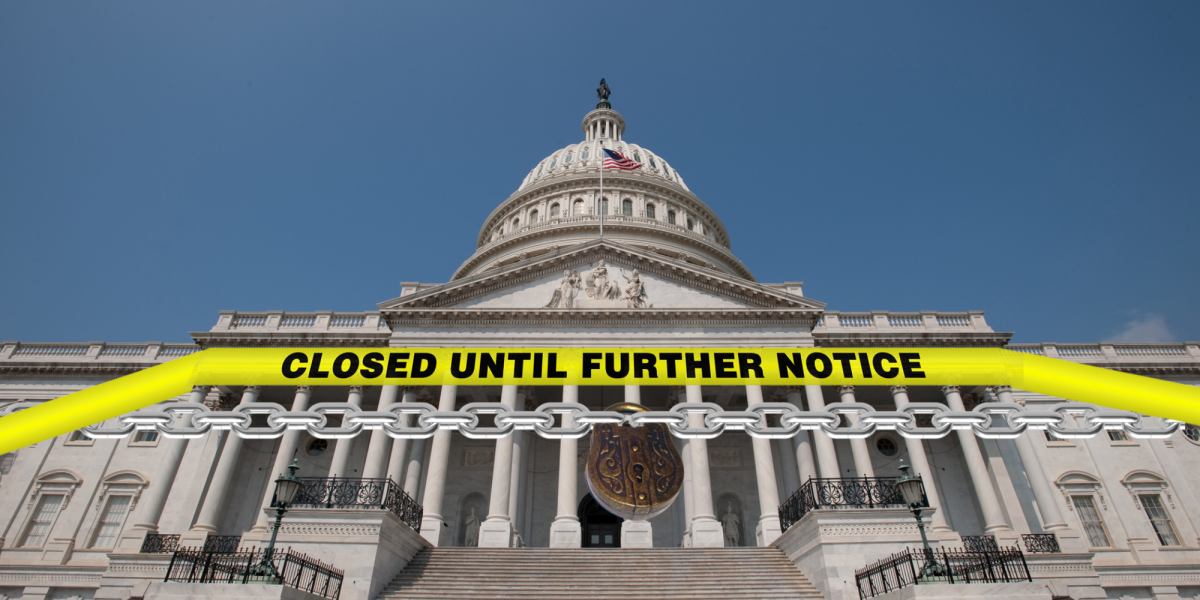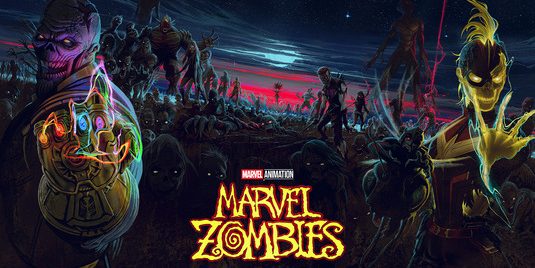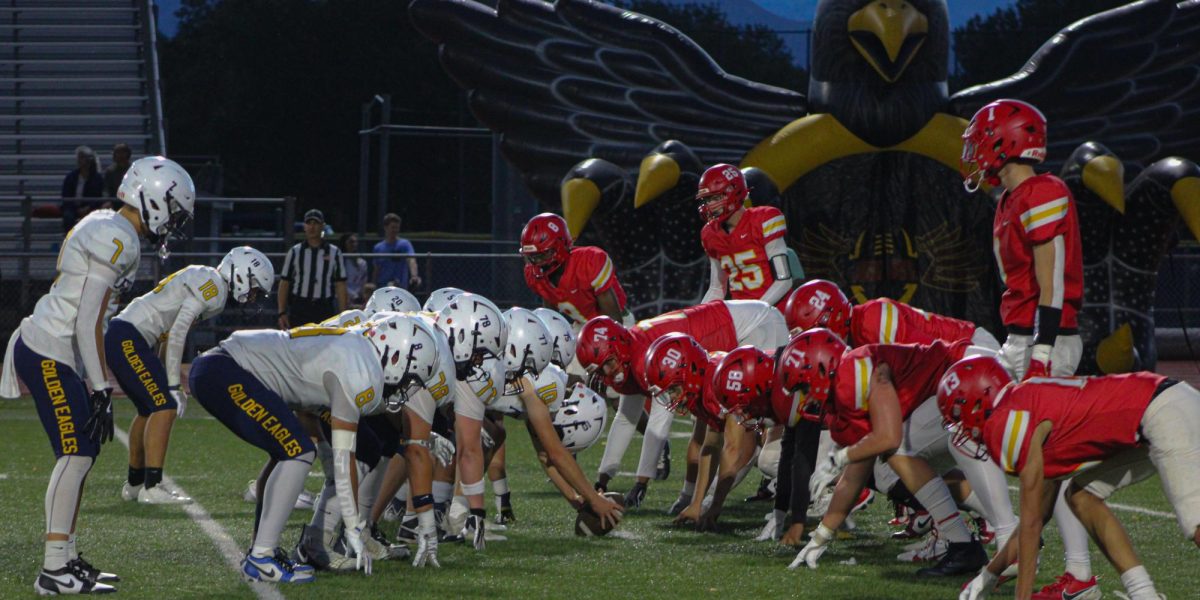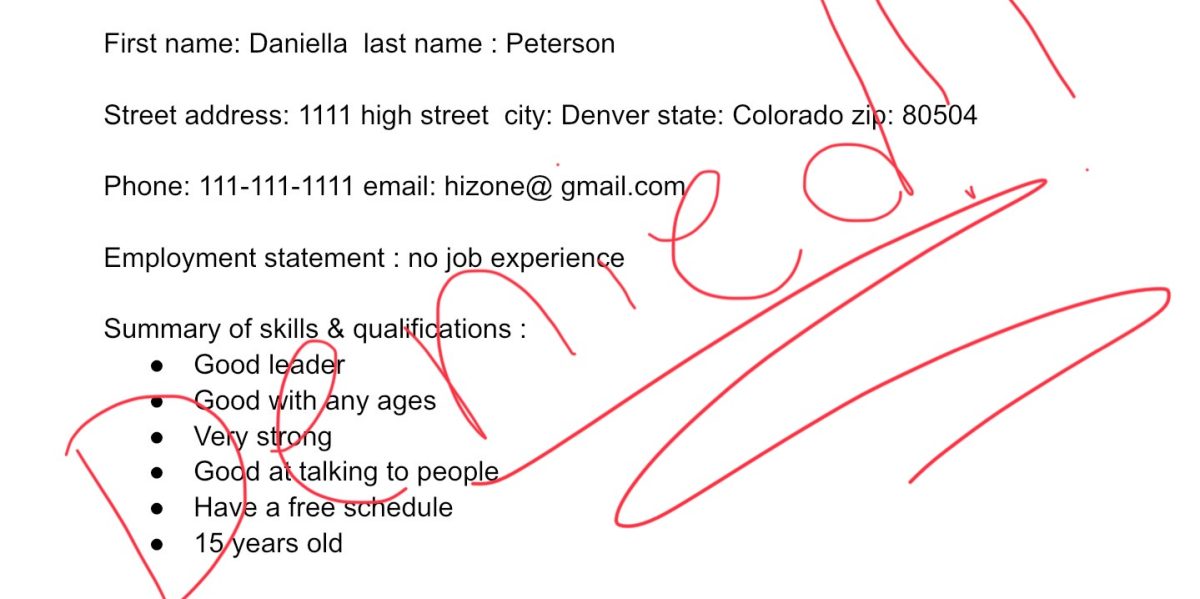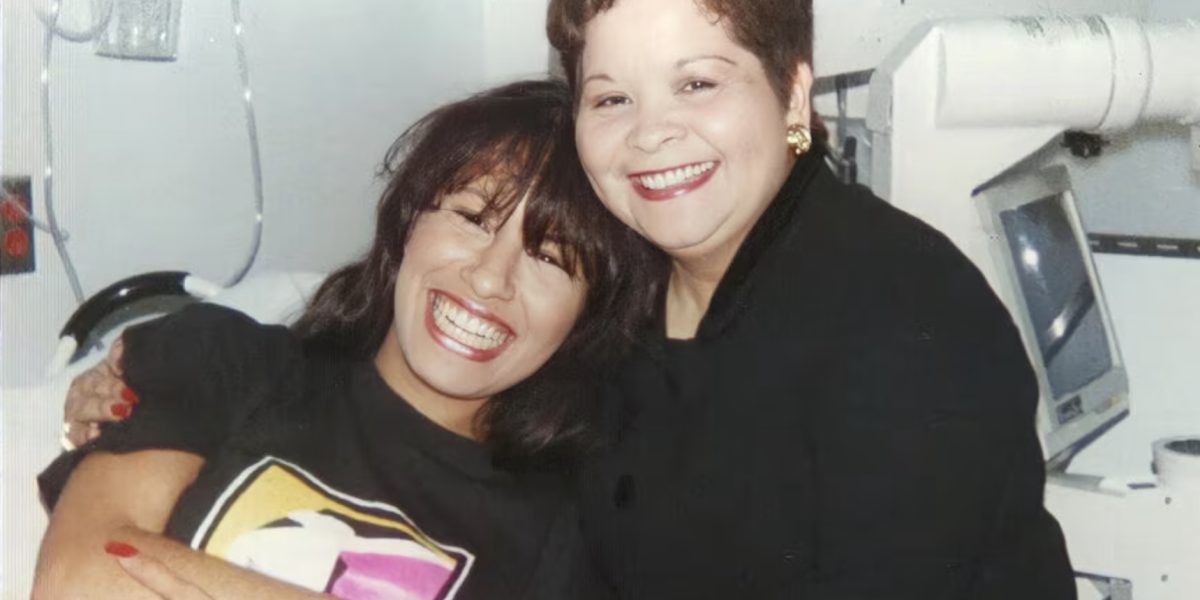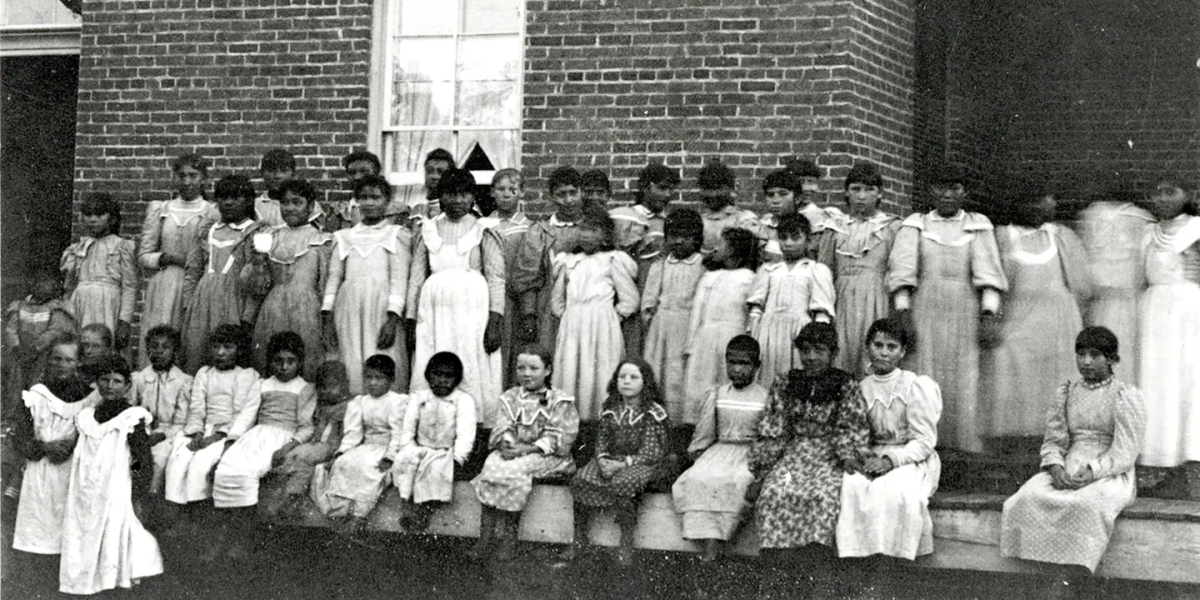When you think of the age 62, you usually think of retirement, or old people. When you see someone really old working, you think, “Wow, they should just retire!” Well, that’s what they do—retire. But when people retire from those jobs, positions open up, and one particular generation, Gen Z, is eager to enter the workforce.
Gen Z, or Generation Zoomers, are people who were born from 1997 to the early 2010s. As of this year, Gen Z’s age range is 14–27, making them eligible for job opportunities. Gen Z is also called the technology era because technology such as phones, computers, TVs, and any smart devices was all being developed during this time. Meaning that Gen Z grew up with TVs, or in some cases, phones.
For many reasons, employers aren’t too eager to hire them. There are many reasons why employers don’t want to hire Gen Z, such as asking for too much money, their lack of communication skills, falling short on eye contact, dressing inappropriately, having poor attitudes, believing that recent graduates aren’t ready for the workforce, and being concerned about how they will act under the influence of people online.
In a poll from resume builders.com it was shown that 36% of employers are biased against hiring Gen Z, but the same can be said about senior citizens. Not only are their reasons this bad, but they are actively trying to avoid hiring Gen Z, such as by offering higher salaries to older people to get them to apply, giving older people the opportunity to work from home, and hiring someone who is way too overqualified for the job just to stop Gen Z from applying or getting hired. Some employers won’t even look at their resume, they’ll just look at the age and throw it away.
Those that apply for jobs (ages 18–27) aren’t too happy about this either, especially with all the problems they face from it. For example, because Gen Z won’t get hired, most of them are facing a financial crisis. With the rise of inflation and them not being able to get jobs, they can’t afford anything, especially houses or apartments, food, and basic necessities. Gen Z really has no way around this obstacle, and a lot of Gen Z is in the hot spot for worker shortages.
It is shown from the Washington Post that Gen Z is hit harder by the economy than millennials that were their age. It was also shown that Gen Z has higher college debt and credit card debt. In a poll from The Hill.com they state that 31% of Gen Z still lives with their parents or family members, but when people see this, they think that Gen Z has no work ethic and is just lazy.
This is a struggle throughout the United States, and too many are in this position. Employers also state that they have no experience with jobs, but COVID is the main reason for that. During COVID, everyone had to quarantine, and that hit a lot of people hard. Due to COVID, many people weren’t able to work, participate in clubs, summer jobs, or social activities, which is one of the biggest reasons that Gen Z doesn’t have experience, and those that did work did it from a computer. Especially those who were in college and high school. But employers don’t take that into consideration at all. This also hits Gen Z’ers who are under the age of 18 and want to get job experience, but employers think that they are just spoiled. For that reason, it will be hard when they grow up to get jobs because they won’t have any experience because they couldn’t get hired.
This issue will continue to rise if employers keep avoiding hiring Gen Z’ers. If it continues, then Gen Z will be the first generation to struggle the most with any other generation. What Gen Z’ers hope for the future is that employers will look at the situation from a different perspective and one day just accept it. But who knows what day that will be and when? What employers are doing is age discrimination against Gen Z, and people have had enough of it.

















